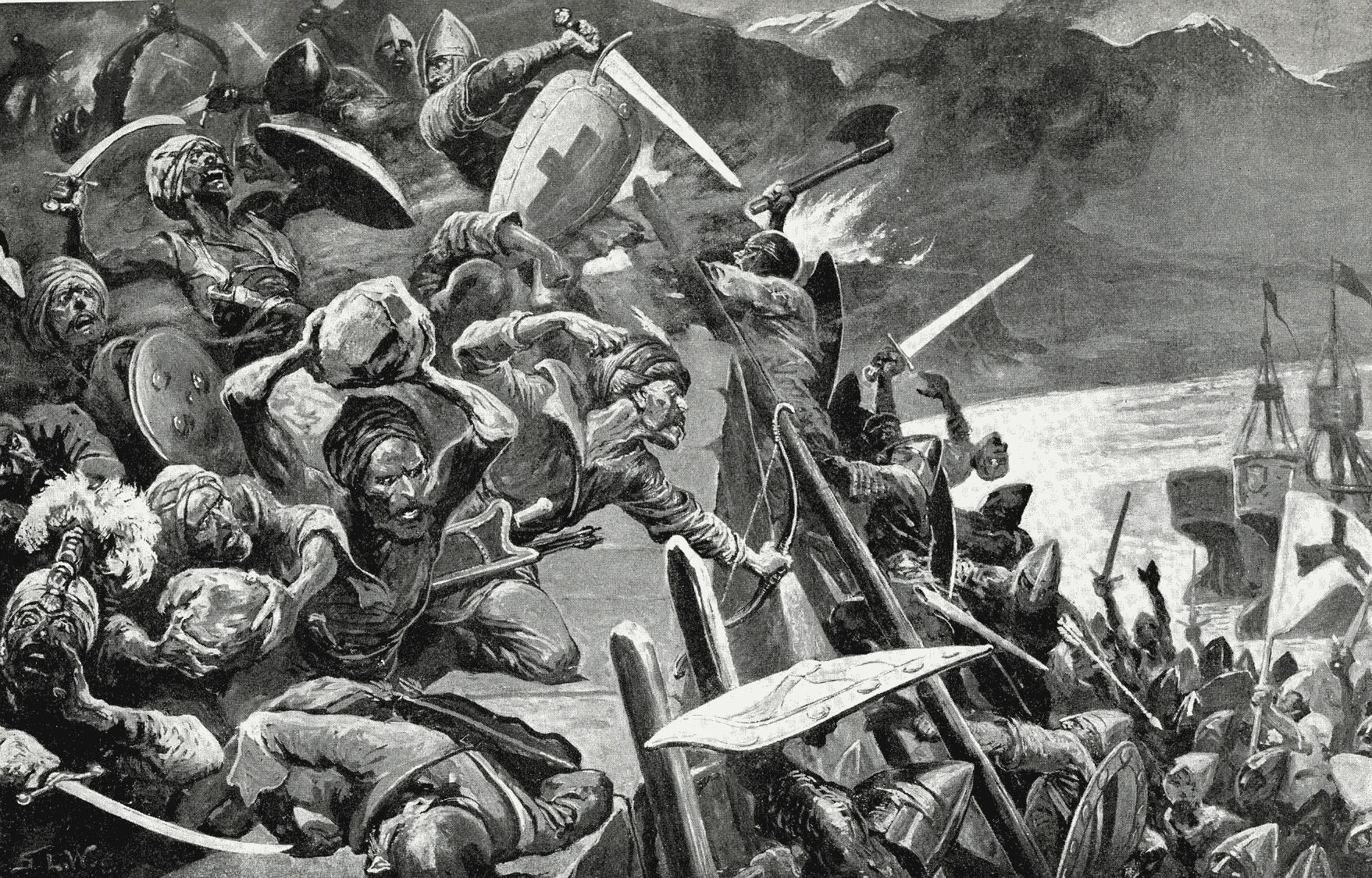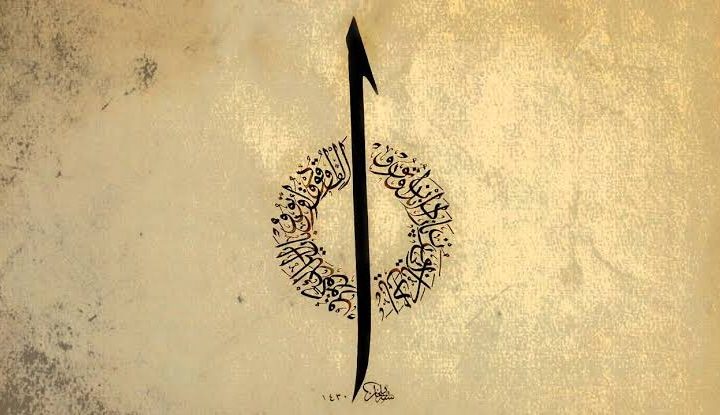War is as old as human history. Throughout the ages, some nations have invaded each other and fought among themselves.
But as devastating as these battles have been for the vanquished, they have also sometimes helped them to break free from the miserable traditions that had failed them and to start a new life, different from the old one.
India is a good example of the changes in society after a foreign invasion, even though it did not invade other countries and the invasions it initially witnessed had limited effects in certain areas.
This is because when the Turks invaded India in the 13th century AD and established their rule in the north and in the state of Punjab, they caused internal conflicts and changed many caste habits in this society.
At that time, the Brahmin caste maintained its dominant position in Indian society. However, the Kshatriyas (second in the Hindu caste order) disappeared and were replaced by the Rajputs after the Turkish invasion.
In addition to religious and social changes, Hindus and Muslims were influenced by the entry of Turks and Mongols into India.
Researchers and writers have traced this influence in their books. Tara Shend, in her book ‘The Impact of Islam on Indian Culture’, talks about the impact of Islam on Hindu society, while author Muhammad Omar in his book talks about the impact of Hinduism on Muslim society.
However, as a result of Hindu and Muslim convergence, a new culture emerged, also called Yamuna-Ganj culture, inspired by the confluence of the famous Yamuna and Ganges rivers in India.
In this context, author Irfan Habib touched upon an interesting topic in his book ‘Technology in the Middle Ages’.
In his book, Habib talked about how the innovations of the Middle Ages led to the emergence of new classes of artisans and contributed to the development of industry and agriculture, which in turn led to a change in the structure of Indian society.
British occupation
When the indigenous population was defeated by the British East India Company, Muslims and Hindus began to reflect on the reasons for their defeat and the weaknesses that rendered them unable to defend themselves against foreign invasion.
While those who resorted to this idea were a minority in Indian society, the majority were bound by the chains of reaction and believed that old traditions, institutions and constitutions were sacred and should not be changed.
The intelligentsia, on the other hand, wanted to understand the weaknesses of their society and to examine widespread historical traditions, to prove that they arose in specific circumstances and could not be accepted as absolute truths valid at all times and under all circumstances.
As a result of this divergence of views witnessed by both Muslim and Hindu communities, reactionary movements have emerged that seek to revive the past.
These movements also led to a change in the prevailing mindset at the time and Indian society learned from its experiences and the global changes around it.
What is really interesting in this context is that the conflict between the so-called reactionaries and the intelligentsia that emerged after the occupation is still going on today, seventy years after independence.
The Brahmo Samaj movement was one of the social movements that emerged at that time. Founded by a man named Raja Ram Mohan Roy, the movement aimed to end the tradition of ‘sati’ (a religious ritual in which a woman kills herself after the death of her husband), to promote widow marriage and to stop child marriages, which were common due to the sati tradition.
According to this practice, children were married off at an early age so that they would not be left without guardians when their parents died.
In addition, new religious sects emerged in both Muslim and Hindu communities to preserve religious identity during the occupation.
The ruling party in India today and the RSS (Rashtriya Swayamsevak Sangh), which the current Prime Minister of India once joined, is the political pillar of these Hindu religious movements.
On the other hand, among Muslims, the Diyobandi, Barelvi, Wahhabi and Tablighi groups emerged for the same purpose.
Chinese and German experience
The Chinese Empire was afraid of foreign intervention. So it tried to keep to itself and closed its borders.
There was no contact with foreigners, whom the Chinese called barbarians. Foreigners were banned from entering China and learning the language.
They were only allowed to enter the port of Canton and the penalty for secretly learning Chinese was death.
As a result of these restrictions, the Chinese were not aware of the changes taking place in the world, especially in the West.
Therefore, when Western powers attacked China in the 19th century, China was unable to resist them.
But embarrassing deals and successive defeats in front of the West prompted the Chinese to work on their weaknesses and face the situation in a practical and realistic way.
As a result of this idea, the Chinese brought democracy by ending the monarchy and even changed the face of the state with a socialist revolution in the country.
The former German state of Prussia is another example of a society awakened by defeat and driven to improve its situation because Prussia was a military power in Europe.
But when Napoleon defeated Prussia in 1806, its rulers thought about the causes of the defeat and reforming the conditions of the state, and in fact began to abolish the feudal system.
The University of Berlin was founded to educate society through education, and as a result Prussia became the most powerful German state in 1871.
Is the winner affected by the loser?
The defeated is shocked by reality after his defeat and tries to improve his circumstances and imitate the victor.
But victors are also influenced by the society they rule and may even adopt its culture.
When the Arabs conquered the Levant, ruled by the Byzantines, they did not radically change their cities; they were only influenced by their language and culture.
Iranian culture and civilization also prevailed over the Arabs after the conquest of Iran. Thus, Iranians were able to introduce their old customs and traditions to the Abbasid court.
The Iranian influence on the Abbasid rule was not limited to the form of government; Arabs also celebrated their holidays as if they were part of their culture.
This was also the case with the Mongols in the countries they conquered after leaving nomadic life and adopted the culture of the peoples they conquered.
Even Genghis Khan, at the end of his life, advised his sons to choose the religion that suited their interests, and some of them converted to Buddhism, some to Christianity and some to Islam.
The relationship of the winner to the defeated (whether victor or defeated) leads to change in every situation.
Conflicts mobilize stagnant societies, forcing them to change from within, to shed their miserable habits and institutions.
But there is an exception to this rule. And that is that invaders sometimes destroy the defeated society to the point that it can never rise again.
This is what happened in Africa, where, in addition to the plunder of its wealth and natural resources, the demography was altered through the enslavement and displacement of men and the killing of many of them, instilling in them a sense of racial inferiority.
African countries are still trying to revive their history, past and culture by imposing foreign languages on them after the West converted them and stopped their progress.
In conclusion, we say that nations cannot rise without learning from history and the experiences of other nations.
Based on an article by Mubarek Ali published in Independent Arabia in 2023





